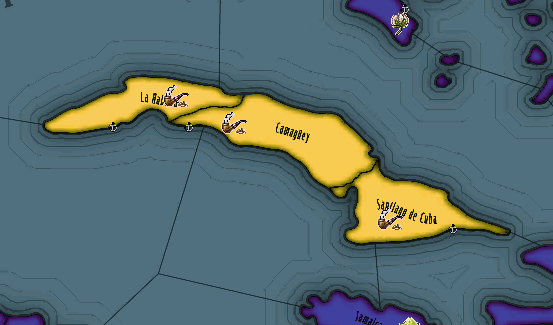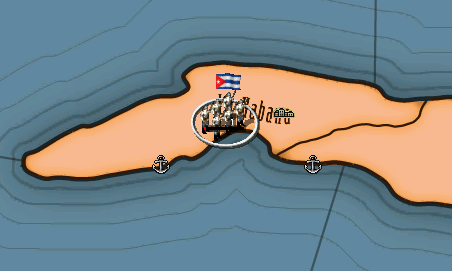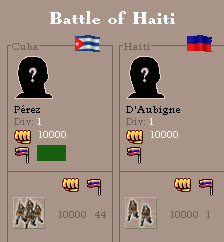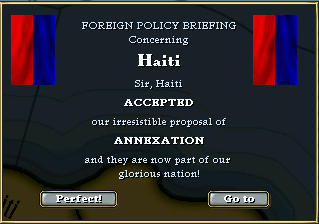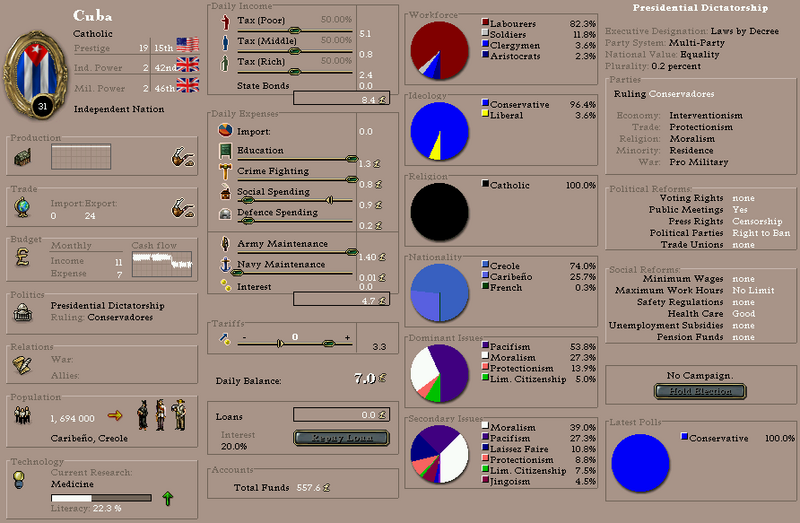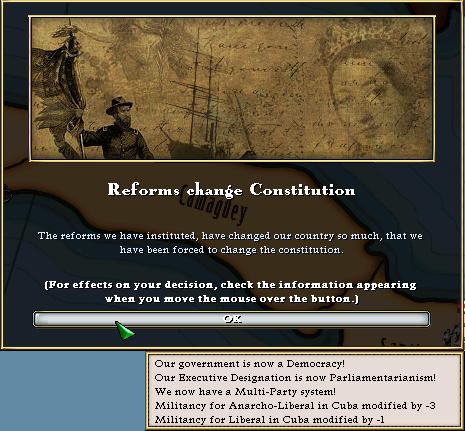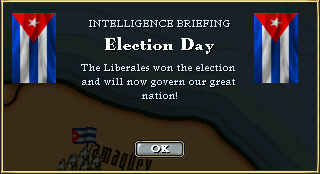Cigars and Revolutions: A Tale of Cuba
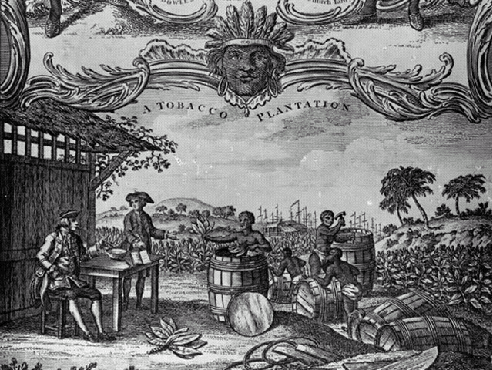
Chapter One: The Struggle for Independence
In the early 19th century, as Spain's colonial empire revolted en masse from the motherland, Cuba at first remained surprisingly peaceful, maybe because the tobacco and sugar produced were just too important to the Spanish to lose. With Bolivar's activities came South American independence, and the slaves and oppressed of Cuba too clamoured for the same freedom enjoyed on the continent.
Beginning in 1812, various rebellions and conspiracies were hatched, inspired by Bolivar's success, and all were brutally crushed. However, in 1826 a mass revolt led by the white Francisco de Ageuro and the mulatto Andres Manuel Sanchez caught the Spanish colonial authorities by surprise. The call to arms went out, and soon both slaves and freemen were revolting all across the island. The rebels, receiving arms and other aid from an unknown source, eventually wore down the Spanish, who left the island in 1828 humiliated in defeat.
Victorious, a new government was established in Havana by Ageuro and Sanchez, and the Republic of Cuba declared independence. The slaves were all freed, and as they outnumbered the settlers they would soon become the dominant force in Cuban politics. The new constitution guaranteed freedom of religion and the various African religions practiced amongst the former slaves flourished. The Spanish refused to recognise Cuba's independence and insisted it was still legally part of Spain, but were largely ignored once the British sent an emissary to Havana in mid 1829 and formally established relations with the island republic. With the tacit approval of the msot powerful nation on earth, Cuba could now truly call herself a nation.
But the honeymoon was not to last long. The joint Presidency of Aguero and Sanchez grew more strained as both men sought more power for themselves, and it was not long before a bitter struggle between the two men spiralled the country into a brief, but bloody civil war lasting from 1832-1834. Sanchez had the support of the black former slaves and the mulatto population, and was eventually able to crush Ageuro through sheer force of numbers. Upon his triumphant entry into Havana following the capture and execution of his former friend and comrade, he proclaimed himself President for life and suspended the constitution. Cuba was now the second black-dominated republic in the Caribbean, following on and gaining inspiration from their neighbour, Haiti.
By 1836, Cuba was a free nation, but Andres Manuel Sanchez remained the sole authority in the nation, and had built up a huge personal fortune from tobacco and sugar while the population saw little benefits and remained steeped in poverty. Many, especially whites who had supported the revolution, begun to revel in nostalgia for Spanish rule and wondered if it had all been in vain...
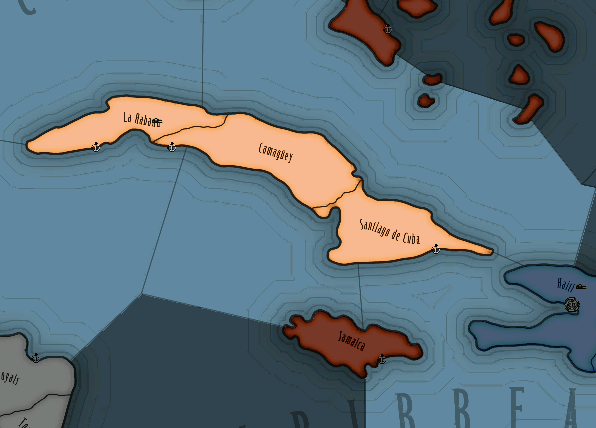
The Republic of Cuba, 1836


